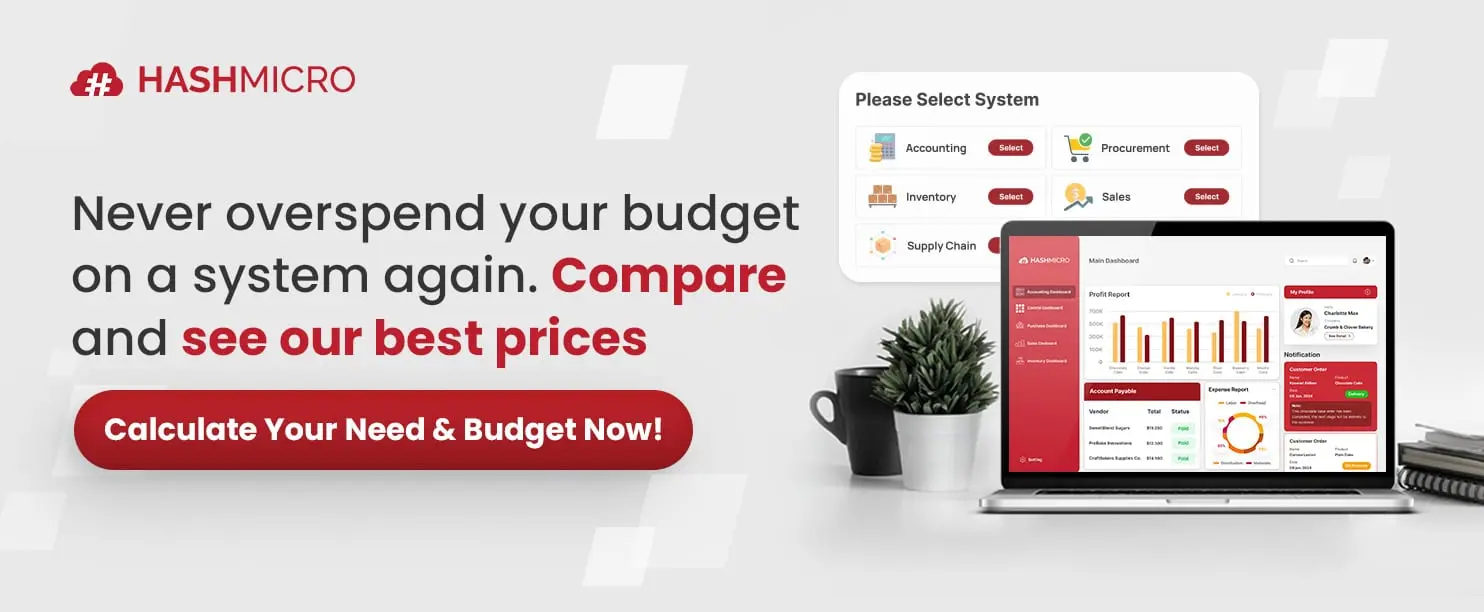Your HR officer is digging through folders, looking for a signed contract from six months ago. The employee’s disputing their final pay, and no one can find the document. Just a vague email and maybe a missing PDF. It’s a small error, but one that highlights how easily HR compliance can fall through the cracks.
Meanwhile, Payroll says it’s HR’s job, and HR points to Finance. The employee mentions filing a complaint with JTKSM, and suddenly, a basic admin task turns into a legal headache. In many Malaysian companies, this kind of misalignment is more common than you’d think.
That’s why HR compliance matters. It’s not just about following the law, but protecting your business. When rules aren’t followed, it leads to confusion, broken trust, and problems that cost far more than they should.
Key Takeaways
|
What is HR Compliance?
HR compliance involves aligning a company’s workplace policies with labor laws at the local, national, and international levels, along with any rules specific to the industry. It also includes making sure those rules are applied consistently in daily operations, as compliance is a core responsibility within the HR department.
It covers everything from recruitment and workplace conduct to employee rights and company procedures. In addition to following legal requirements, companies often create their own internal compliance guidelines to uphold standards across the organization.
Businesses must also create clear internal policies to support fair and legal HR practices. Because laws often change and enforcement is becoming stricter, complying to the rules and regulations is essential. To avoid legal trouble, businesses should:
- Understand and follow all employment laws, including rules on working hours, wages, benefits like EPF and SOCSO, and employee termination.
- Be ready for inspections by government agencies like JTKSM or PERKESO to avoid fines or business disruptions.
- Know that saying “I didn’t know” is not a valid excuse. Employers are expected to be informed of any changes.
- Realize that HR violations can lead to costly lawsuits, damage your company’s reputation, or even threaten your business’s survival.
Areas of HR Compliance
Managing HR compliance in Malaysia can quickly become complex, as it involves several layers of legal and operational requirements. Businesses must understand and adhere to different areas of obligation, including the following:
1. Statutory Compliance
This involves following employment laws as mandated by Malaysia’s government. These include:
- Employment Act 1955 (Amended 2022): Covers working hours, overtime pay, employee rights, termination procedures, and sick or annual leave.
- Minimum Wages Order 2024: Sets the national minimum wage based on region and sector.
- EPF, SOCSO, and EIS contributions: Employers must register employees and contribute to the Employees Provident Fund (EPF), Social Security (SOCSO), and Employment Insurance System (EIS).
- Occupational Safety and Health Act 1994 (OSHA): Requires employers to ensure a safe working environment.
These statutory obligations apply to both local and foreign workers, including contract and gig economy employees, depending on company structure and headcount.
2. Regulatory Compliance
Regulatory compliance involves following rules and guidelines issued by Malaysian regulatory bodies such as:
- Department of Labour (JTKSM): Conducts regular workplace inspections and enforces fair labor practices.
- Department of Occupational Safety and Health (DOSH): Oversees workplace safety enforcement and reporting.
- Inland Revenue Board (LHDN): Regulates income tax deductions (PCB), employer reporting, and compliance with tax-related labor matters.
Failure to meet these regulatory requirements can result in fines, blacklisting, or legal action.
3. Contractual Compliance
This refers to obligations outlined in contracts or agreements that your company signs with others, including:
- Employment Contracts: Must clearly state terms on wages, working hours, job scope, probation, benefits, and termination—aligned with the Employment Act.
- Third-party contracts: For outsourced services or independent contractors, compliance includes fulfilling payment terms, data privacy, and non-discriminatory clauses.
- Union or Collective Agreements (CBA): If your employees are represented by a union, the company must adhere to the CBA’s terms. These may cover salaries, leave entitlements, workplace conduct, and dispute resolution. CBAs in Malaysia are regulated under the Industrial Relations Act 1967.
Why is HR Compliance Important?
Managing compliance can be especially tricky when employees work remotely or across different sites, as it becomes harder to monitor working hours, overtime claims, and health and safety standards.
While Malaysia’s employment laws apply nationally, companies are still accountable for providing fair and safe working conditions, regardless of where employees work.
That’s why having a clear and regularly updated HR compliance framework is essential. With the support of scheduling and resource management software, businesses can reduce compliance risks, protect their reputation, and maintain smooth HR operations as they grow.
In short, non-compliance isn’t just a legal risk; it’s a business risk.
HR Roles in Compliance
HR leaders play a key role in helping the company achieve its workforce goals while staying compliant with Malaysian labor laws.
They act as a bridge between business strategy and regulatory obligations, ensuring that policies on hiring, training, and retention align with legal standards like the Employment Act or SOCSO requirements.
To do this, HR teams must set clear priorities that support business growth and meet compliance expectations. Tools such as competency management systems can help track performance while aligning employee development with company goals.
At every stage, whether it’s planning headcount or adjusting workflows, HR must consider both business impact and legal risks. One effective strategy is to embed compliance responsibilities into employee and departmental KPI, which can be recorded using HR software.
Examples of HR Compliance Issues
Now that you’ve learned how HR has contributed in compliance, here are three areas where compliance issues often occur:
1. Navigating Malaysia’s Evolving Labor Laws
Malaysia’s labor landscape is primarily governed by the Employment Act 1955 (Amendment 2022). Depending on the type of employment and industry, businesses may also need to comply with the Industrial Relations Act, OSHA 1994, and guidelines from JTKSM, SOCSO, and EPF.
Regulations cover everything from minimum wages and working hours to rest days, probation rules, and benefits like maternity leave and overtime.
Failing to understand or apply these correctly, especially when managing diverse workforces or regional branches, can result in legal disputes, penalties, or forced settlements.
2. Employee Misclassification Risks
Misclassifying workers, such as treating full-time staff as independent contractors to avoid statutory obligations, is a growing issue in Malaysia.
According to SOCSO and EIS regulations, employers are required to register eligible employees and contribute to mandatory schemes, including EPF, SOCSO, and EIS.
If a company wrongly labels an employee as a freelancer or contractor, it may be liable for:
- Backdated payments of unpaid benefits (e.g., SOCSO, EPF contributions)
- Fines for non-registration or late registration
- Potential lawsuits or tribunal claims from the affected worker
As the gig economy grows, enforcement around employment status is tightening. Businesses must carefully evaluate job roles and formalize employment terms to avoid exposure to audits or litigation.
3. Data Privacy and Payroll Compliance
Malaysia’s Personal Data Protection Act (PDPA) 2010 imposes strict obligations on how companies handle employee information, particularly during recruitment, payroll processing, and performance reviews.
For HR teams using cloud-based systems or outsourcing payroll functions, risks include:
- Collecting excessive or unnecessary personal data
- Failing to obtain employee consent for data use
- Sending data across borders without proper safeguards
Non-compliance can lead to fines of up to RM 500,000 and/or jail terms, depending on the severity. Moreover, payroll errors, such as late salary payments or inaccurate statutory deductions, can lead to complaints with JTKSM and reputational damage.
With more businesses moving toward digital HR solutions, ensuring that systems are PDPA-compliant and audit-ready is essential.

HR Compliance Measures Companies Should Know
The person managing your company’s HR must understand key compliance tasks, which cover areas like hiring and termination, payroll, statutory contributions, employee safety, and welfare. ere are some important HR compliance tasks to stay on top of:
1. Display Mandatory Labour Law Notices
Under Malaysian regulations, employers must display key notices such as the Employment Act, minimum wage order, and safety regulations where employees can easily see them. These notices should be updated whenever laws change.
2. Properly Classify Your Workers
It’s critical to correctly determine if a worker is an employee or an independent contractor, especially as EPF, SOCSO, and EIS contributions apply to employees. Misclassification, even if unintentional, can lead to back payments and penalties.
3. Maintain and Update Your Employee Handbook
While not legally required, having an employee handbook helps clarify workplace rules and expectations. It should be reviewed regularly to reflect updates in labor laws or company policies to prevent confusion or disputes.
4. Provide All Required Onboarding and Exit Documents
Upon hiring, employees should receive offer letters, job descriptions, and documents explaining statutory benefits. When employees resign or are terminated, final payslips, termination letters, and EA forms (for tax reporting) must be issued promptly.
5. Comply with Final Salary Payment Rules
In Malaysia, the Employment Act states that an employee must be paid all due wages on their last working day or within 7 days after termination. Delays may result in complaints to the Labour Department (JTKSM).
6. Implement a System to Monitor Compliance
To keep up with changing regulations, companies should:
- Conduct periodic internal HR audits to identify gaps
- Ensure managers receive training on hiring and compliance standards
- Set up internal controls to monitor policy enforcement and document updates
- Implement integrated systems like an ERP HR module or HR software to automate tracking
Best Practices of Implementing HR Compliance
Here are the best practices:
1. Maintain a Clear HR Data Governance Policy
In Malaysia, companies are required to retain certain HR records, such as payroll, tax submissions, and employee contribution details, for a minimum of seven years under regulations. With increased audits and digitalisation, having a structured data governance plan is essential.
This plan should outline what employee data is collected, how it’s stored, who has access to it, and how long it will be retained. A strong policy supports performance benchmarking across years, including insights like wage equity or turnover trends.
2. Ensure Compliance Across Multiple Business Locations
While Malaysia doesn’t have state-by-state labor laws, companies operating across multiple sites, such as branches in Penang, Selangor, or Johor, must still ensure consistent compliance practices.
Each branch or site manager should be familiar with national regulations. Coordinating with a central HR or legal team helps ensure that employment contracts, leave policies, and payroll practices are uniformly applied.
3. Consider Cultural and Legal Nuances Around Discrimination
In Malaysia, employment discrimination based on race, religion, gender, or disability is addressed under the Industrial Relations Act and reinforced by the Federal Constitution. However, enforcement is often subtle and highly contextual.
For example, religious and cultural considerations may shape workplace norms, such as prayer time accommodations or gender-sensitive assignments. While these aren’t always formal laws, companies must navigate them carefully to maintain harmony and avoid indirect discrimination claims.
When creating hiring policies or internal conduct guidelines, HR teams should consult legal advisors and consider both legal obligations and social sensitivities to build inclusive yet compliant practices.
Conclusion
HR compliance means following Malaysian labor laws and applying them consistently across all HR operations. It helps businesses avoid legal issues while protecting employee rights, safety, and workplace fairness.
If you’re struggling to keep up with changing rules, HashMicro’s HR software can make compliance easier. It automates payroll, tracks leave, and stores records securely, so you don’t miss a single detail.
Thousands of companies trust HashMicro to simplify HR processes while staying fully compliant with Malaysian regulations. Schedule a free demo today and see how effortless HR compliance can be with the right tools!

FAQ on HR Compliance
-
What are the consequences of non-compliance with HR regulations?
Non-compliance can lead to significant penalties, including hefty fines, legal actions, and damage to the company’s reputation. For instance, misclassifying employees or failing to adhere to wage laws can result in back pay liabilities and legal fees.
-
How often should HR policies be reviewed for compliance?
It’s recommended to review HR policies at least annually. However, more frequent reviews may be necessary when there are significant changes in laws, organizational structure, or after incidents that highlight policy gaps
-
How does HR compliance affect employee retention?
Effective HR compliance fosters a fair and safe work environment, which can enhance employee satisfaction and trust. This, in turn, can lead to higher retention rates, as employees are more likely to stay with organizations that prioritize their well-being and rights.
-
What role does HR play in ensuring workplace safety compliance?
HR is pivotal in developing and enforcing health and safety policies, conducting risk assessments, providing training, and ensuring that the organization complies with occupational safety regulations.

























